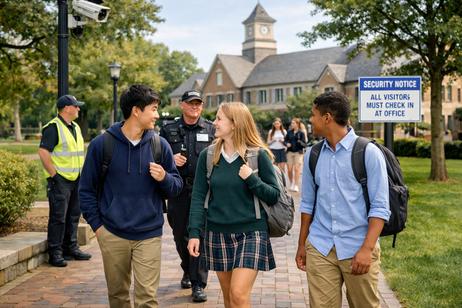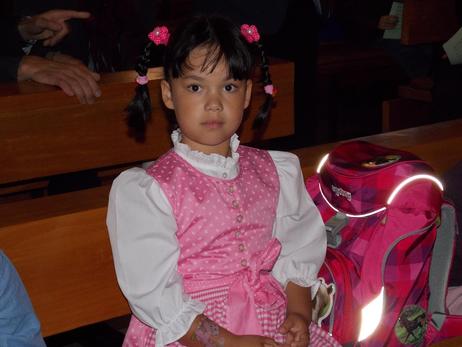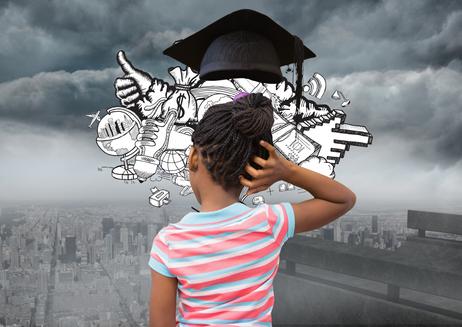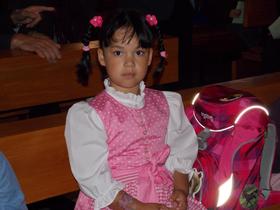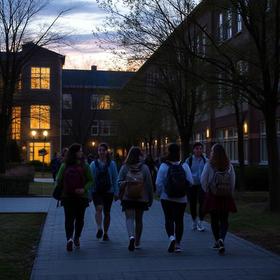Boarding School Safety in 2025: Updated Protocols for Health, Cyber & Residential Life
Boarding school safety remains one of the most important considerations for families evaluating residential education. In 2025, boarding school safety reflects a more comprehensive and sophisticated approach than ever before, integrating physical health safeguards, digital protections, and residential life standards into a unified framework. Parents, students, and educators now expect boarding school safety to address not only emergencies and supervision but also mental health, cybersecurity, and student wellbeing across campus life.
Modern boarding school safety protocols are shaped by lessons learned over the past decade, advances in technology, and evolving expectations around transparency and accountability. Schools are responding with clearer policies, enhanced training, and measurable standards that align with best practices nationwide.
Health and Wellness Protocols in Boarding School Safety
Health considerations continue to play a central role in boarding school safety in 2025. While pandemic-era restrictions have largely eased, schools have retained many health-focused practices that proved effective in protecting student populations living together.
Preventive Care and Medical Infrastructure
Boarding school safety now includes robust on-campus medical services supported by off-campus partnerships. Most schools maintain:
Licensed nurses available around the clock
On-call physicians or telehealth access
Formal relationships with local hospitals and urgent care centers
Preventive care has expanded beyond basic first aid. Routine screenings, vaccination compliance, and individualized care

